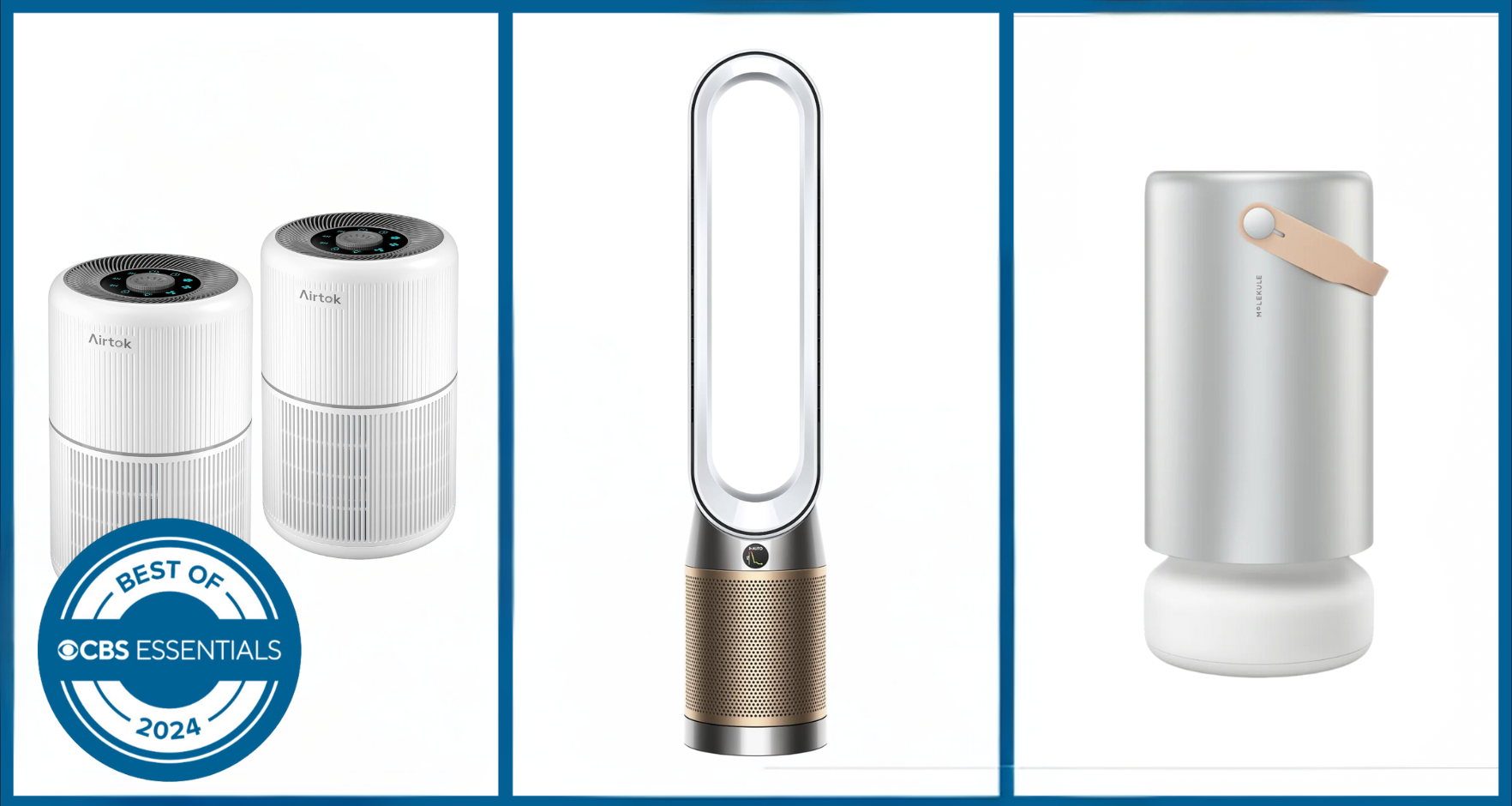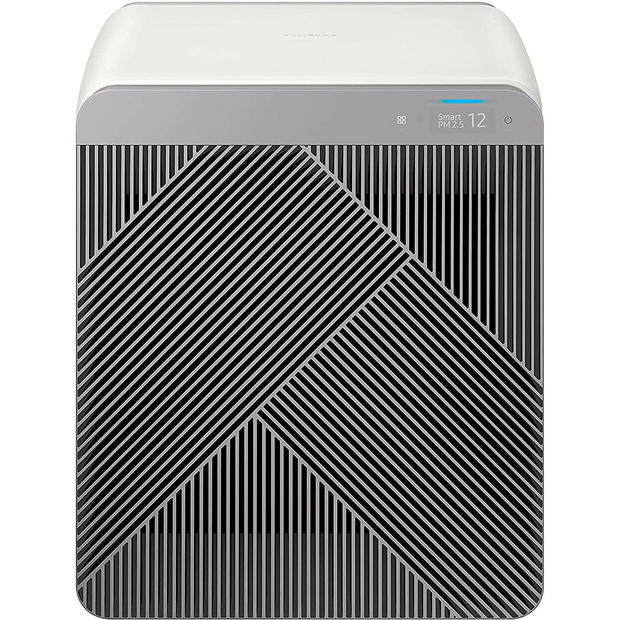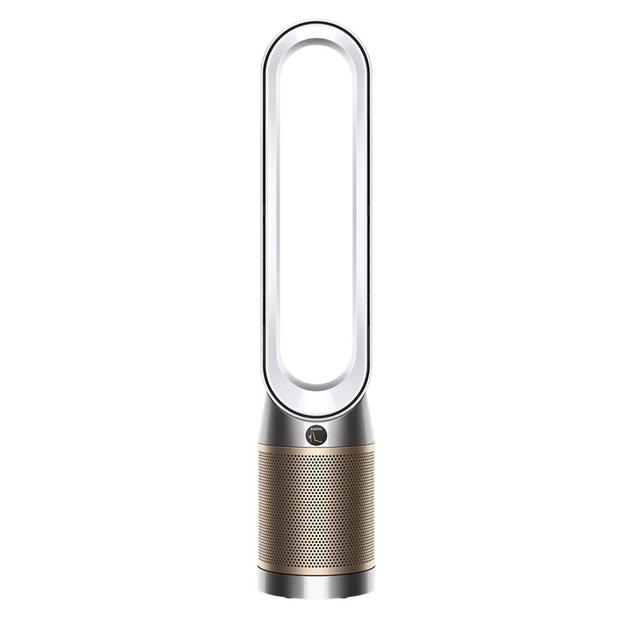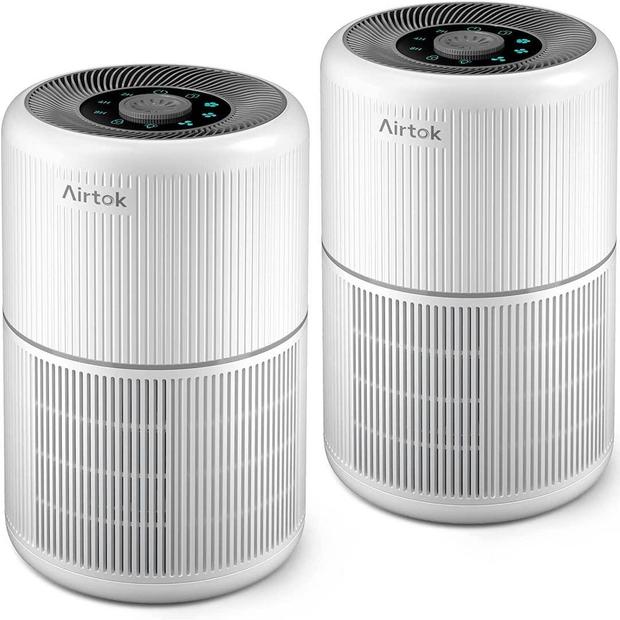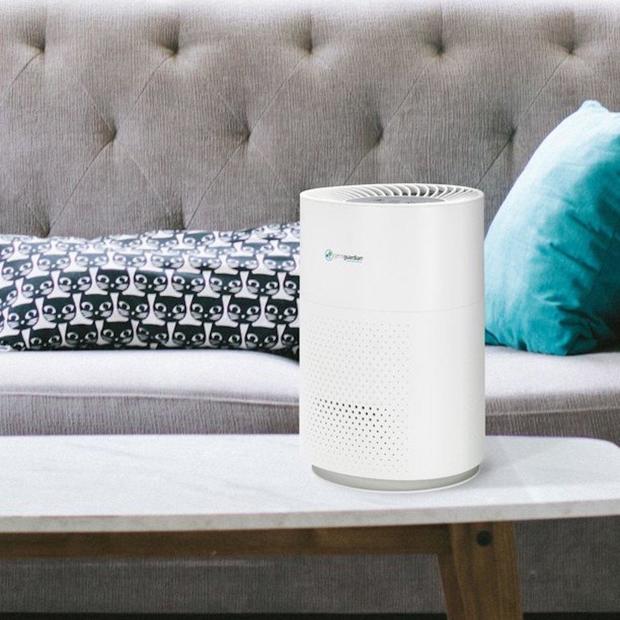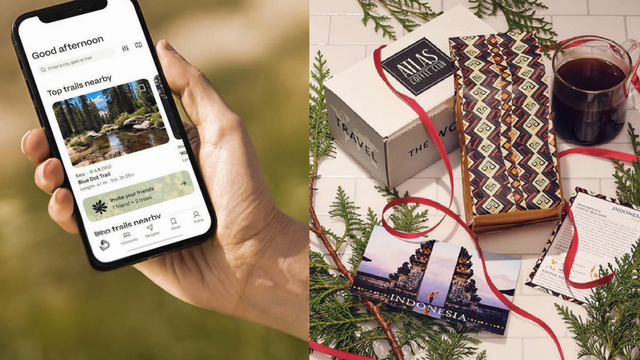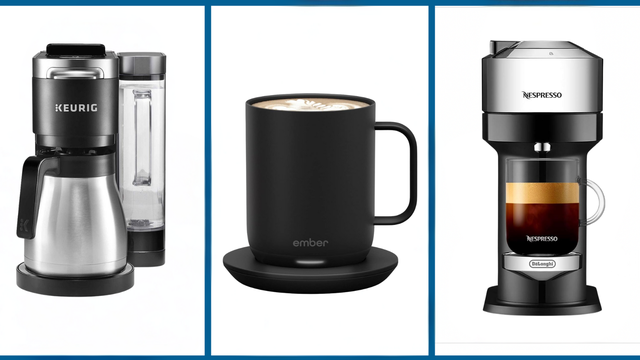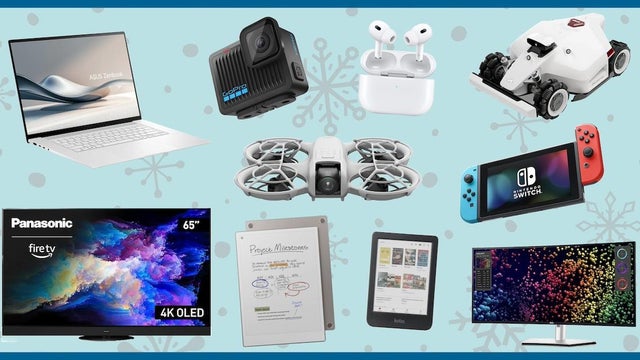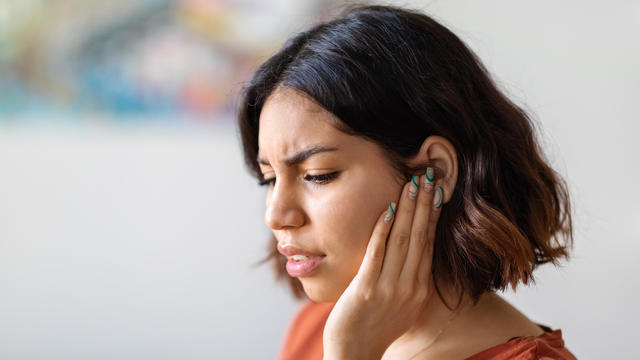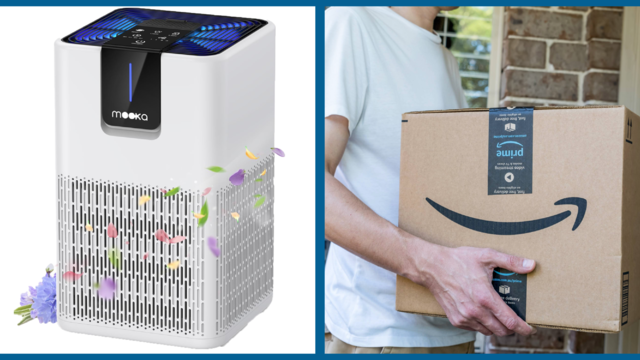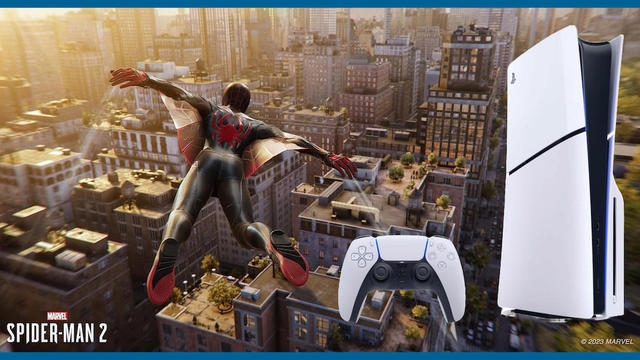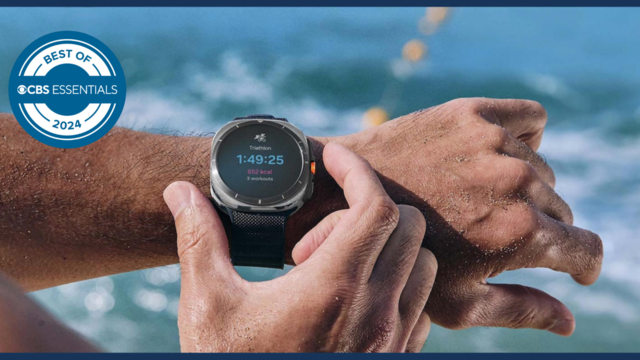The best air purifiers for wildfire smoke in 2024
Worried about the quality of the air you and your family are breathing at home? Air purifiers are excellent tools for filtering out airborne pollutants and improving your home's air quality. They help reduce dust, pet dander, dust mites and allergens, making them particularly useful during allergy season or when pollution levels rise.
Air purifiers are especially important during events like the ongoing wildfires in California, where smoke particles can compromise indoor air quality. By trapping airborne particles in their filters, air purifiers ensure you and your family can breathe cleaner, fresher air. Some advanced models even detect and remove harmful chemicals like formaldehyde, offering an extra layer of protection.
It's not easy to make sense of all the air purifier options available. That's why we, the experts at CBS Essentials, have researched the best air purifier options in 2024 to help narrow down your search.
Best air purifiers for smoke, allergies and pet dander
Explore the best air purifiers in 2024 for smoke, pet dander and allergies. All of the following options are rated four stars or higher.
- Best smart air purifier: Molekule Air Pro
- Best designer air purifier: Samsung Bespoke Cube air purifier
- Best for removing formaldehyde: Dyson Purifier Cool Formaldehyde TP09 fan
- Best budget air purifier: Airtok air purifier two-pack
- Another budget pick to consider: Germ Guardian air purifier
Best smart air purifier: Molekule Air Pro
Molekule air purifiers were developed more than 25 years ago to "break down pollutants at a molecular level, including viruses, bacteria, mold, ozone, allergens, and chemicals." This air purifier for large rooms (up to 1,000 square feet) claims to detect and destroy pollutants 1,000 times smaller than the standard filters must meet to qualify as HEPA.
Curious about how clean your home's air is? The Molekule app can track six pollutant types in real-time (5-minute increments) and show you how your home's air quality has changed over the past month.
"I've had my Molekule for four years now, and it's been a game changer for allergy relief!" says one reviewer.
The Molekule Air Pro is $1,015, or $980 when purchased with a filter subscription.
Best designer air purifier: Samsung Bespoke Cube air purifier
The whisper-quiet Samsung Bespoke Cube air purifier features enhanced HEPA filtration, a pet mode to reduce hair and odor, plus a five-way suction that pulls in air from all corners of the room. The display lets you monitor your home's pollution levels in real-time.
The Samsung Bespoke Cube air purifier cleans air in 360 degrees, so it's not meant to be hidden in a corner. Thankfully, with its Bespoke design, it won't look like an eyesore in your home. It's recommended for rooms up to 350 square feet.
You can get this 4.2-star rated air purifier at Amazon for $439.
Best for removing formaldehyde: Dyson Purifier Cool Formaldehyde TP09 fan
This Dyson air purifier and fan goes above and beyond most, even destroying formaldehyde that your furniture may release into the air. It also has a carbon filter that removes gases and odors. This True HEPA air purifier diagnoses your room's air quality for you as it works and reports back as it cleans. It also doubles as a powerful oscillating fan.
Says one Amazon reviewer about this 4.4-star-rated air filter: "Filter is so easy to put in, [the] mobile app is so nice to have and the little display on the fan itself showing different levels of particles, NO2, HCHO, etc. is really nice too. I honestly didn't think I'd need formaldehyde filtering, but to my surprise, my room had high levels of it!"
You can buy this air purifier on sale right now at both Dyson and Amazon.
Best budget air purifier: Airtok air purifier two-pack
Pick up two air purifiers with this budget True HEPA set that is recommended for 100 square feet. They have an aroma pad you can add essential oils onto, plus a night light. Set them on a timer if you'd like.
"Excellent in a bedroom, office cubicle or kitchen," says one Amazon reviewer. "Quiet even on high setting. Extremely easy to use... Getting two at such a great price is an excellent bonus."
With a list price of $117, you can get this two-piece air purifier set for $60 after a coupon.
Another budget pick to consider: Germ Guardian air purifier
This Germ Guardian air purifier for small rooms has four speeds. It has a HEPA filter that removes 99.97% of dust, pollen, pet dander and mold, plus a charcoal filter that helps reduce odors.
It claims to circulate air more than four times per hour in rooms up to 105 square feet, with a timer that can be set for up to eight hours. We like that it works in 360 degrees, so you can place it just about anywhere in the room.
This 4.5-star-rated air purifier is $40 at Walmart.
What does HEPA mean? Is it different from True HEPA?
Many air purifiers use the term HEPA (high-efficiency particulate air) to describe their air filter, but you should know that not all air purifiers that use the term are created equal. Some brands use the term in misleading ways.
HEPA is a federal standard for air filter efficiency. To be certified as HEPA, an air filter must be proven to remove at least 99.97% of dust, pollen, mold, bacteria and any airborne particles with a size of 0.3 microns, according to the Environmental Protection Agency (EPA).
HEPA filters are not generally available to the public for residential use. HEPA filters, typically found in hospitals and industrial settings where decontamination is crucial, require Department of Energy (DoE) certification to be called HEPA. Commercially available air filters are not eligible to go through official government testing.
Do not confuse HEPA filters with True HEPA filters -- they are not the same thing. Unlike HEPA filters, there's no federal standard for True HEPA filters. The EPA says that True HEPA filters "are unlikely to be equivalent in performance to HEPA-designated filter systems used in health care buildings and industrial processes, but still have very high removal efficiency (i.e., usually 99% or higher) for the reported particle sizes tested."
What should you look for in an air purifier?
It's also a good idea to consider the noise level. The best air purifiers are relatively quiet, but some can be a bit noisy. We scoured customer reviews to find nice, quiet options for our best air purifier list.
Lastly, Energy Star-certified air purifiers will have the lowest impact on your energy bill. Energy Star appliances are energy efficient, making them better for the environment and your utility bills.
Will one air purifier cover a large room?
Many air purifiers, including relatively compact air purifiers, can provide clean air for a large room, but the coverage area of each air purifier does vary. Some are designed for small rooms or use in pairs. Be sure to review the listed coverage area before completing your air purifier purchase.
How often do you need to replace air purifier filters?
Air purifier filters do need to be replaced regularly for the best air purification results. Most manufacturers recommend filter replacement every 12 months, but some need to be replaced more often, especially in homes with a lot of dust and pet hair. Be sure to double-check the instructions that come with your air purifier.
